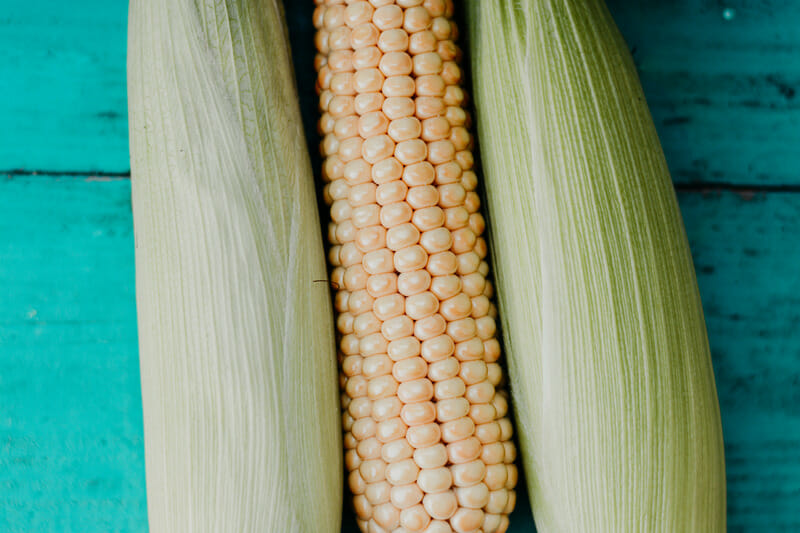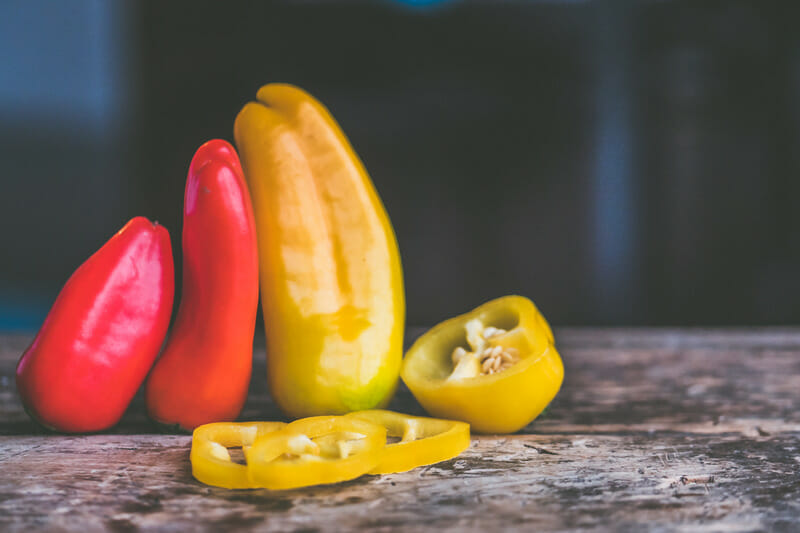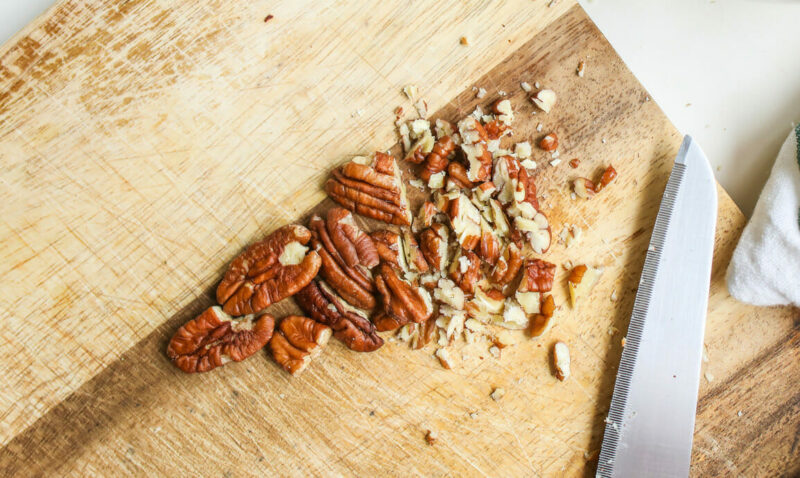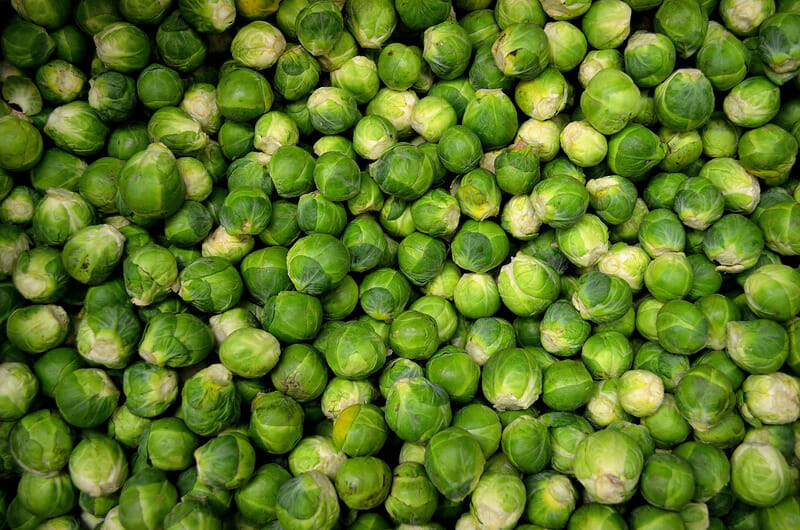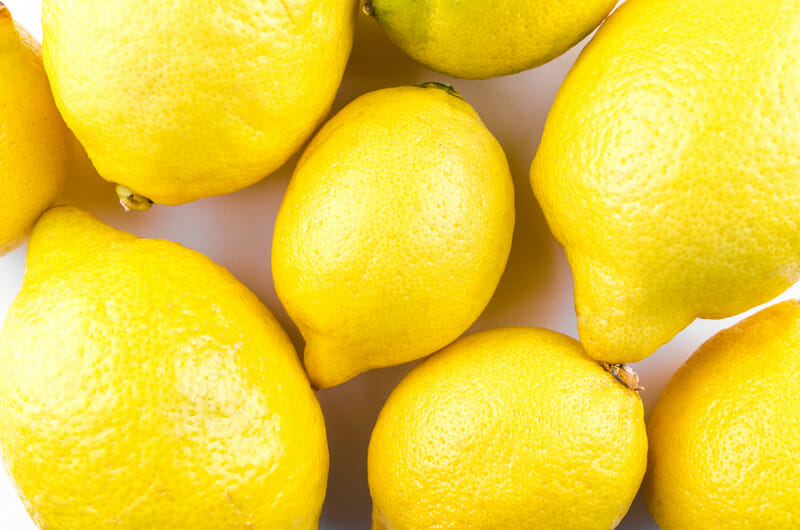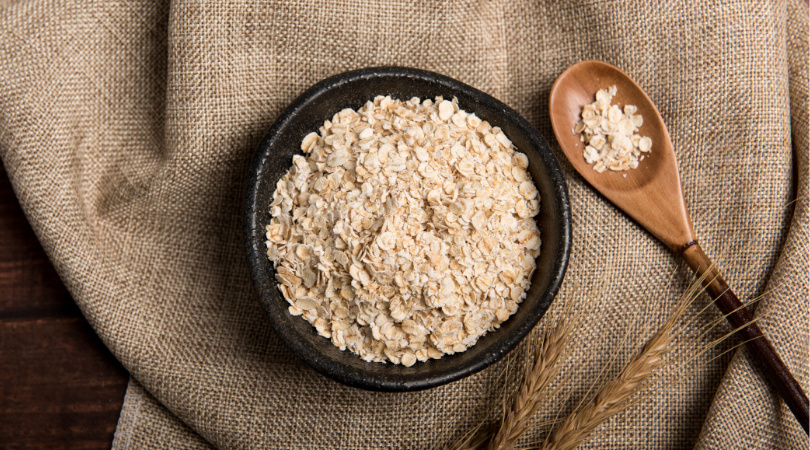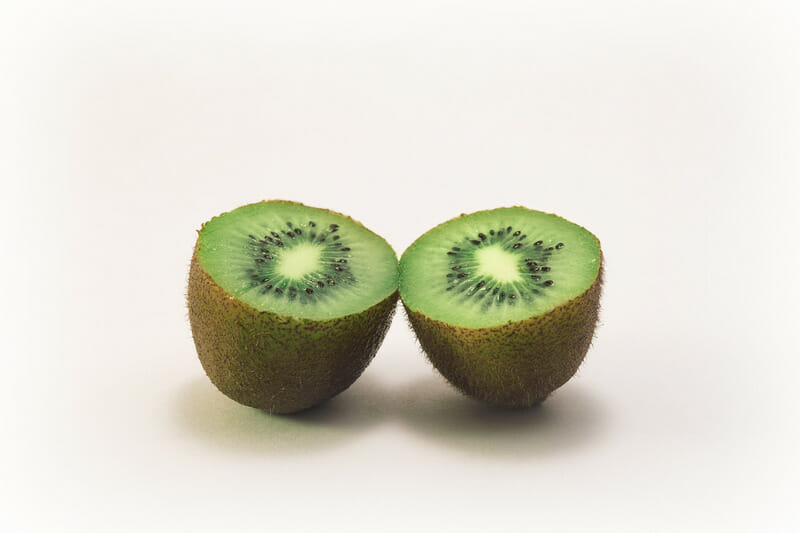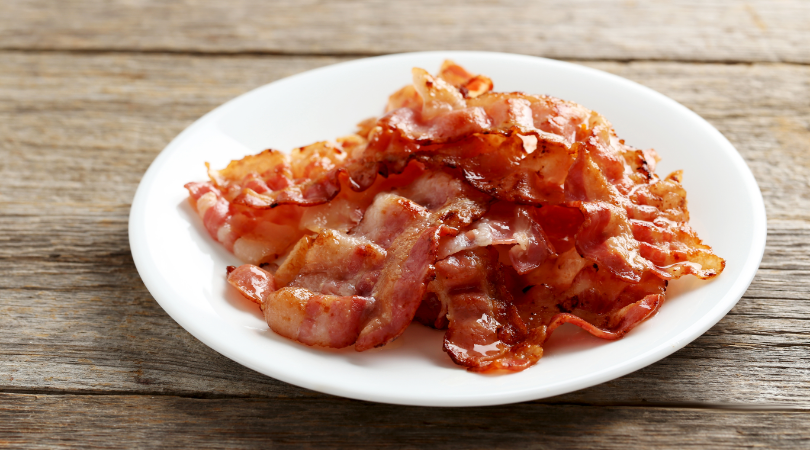The short answer: No. The long answer: A cob is the central core of an ear of corn. Cylindrical in shape, it is where corn kernels are attached. It is not advisable for your dog to eat a corn cob because of its tough, woody nature. Just a small portion of it could block his… Continue reading Can Dogs Eat Corn Cobs?
Tag: can dogs eat
Can Dogs Eat Bell Peppers?
The short answer: Yes. The long answer: Red, green, and yellow bell peppers can be safely added to your dog’s diet. These vegetables are packed with carotenoids, antioxidants, fiber, and vitamins, A, C, and E, which helps with your dog’s digestive, circulatory, and immune systems. Bell peppers are said to relieve gas and reduce inflammation… Continue reading Can Dogs Eat Bell Peppers?
Can Dogs Eat Pecans?
The short answer: No. The long answer: Pecans should never be fed to your dog because they contain the toxin juglone. When consumed by your pet, these nuts can cause gastrointestinal upset or create an obstruction in his windpipe, esophagus, stomach, or intestines. Another concern is if your dog accidentally consumes moldy pecans. Because of… Continue reading Can Dogs Eat Pecans?
Can Dogs Eat Brussels Sprouts?
The short answer: Yes, but in moderation. The long answer: A member of the Gemmifera Group of cabbages, brussels sprouts are fiber-packed buds that can be served to your four-legged pet. They are loaded with vitamins K and C, which aids your dog’s immune system, circulatory system, and the skeletal system. Meanwhile, the antioxidants found… Continue reading Can Dogs Eat Brussels Sprouts?
Can Dogs Eat Lemons?
The short answer: No. The long answer: Belonging to the citrus family, lemons are highly acidic fruits that should not be consumed by dogs because of the psoralen compounds and essential oils found in them. Even just a small amount may harm small-sized dogs, which can lead to vomiting, diarrhea, weakness, gastrointestinal distress, and sensitivity… Continue reading Can Dogs Eat Lemons?
Can Dogs Eat Plums?
The short answer: No. The long answer: Though not as lethal as grapes or raisins, plums may cause problems when consumed by your dog. The sharp pit may cause damage to your pet’s esophagus, stomach, or intestines, and may get stuck in his intestinal tract. Worse, a crushed pit may release cyanide that is toxic… Continue reading Can Dogs Eat Plums?
Can Dogs Eat Marshmallows?
Important note: This article is based on marshmallows that do not contain xylitol or chocolate. If you are unsure about what your marshmallows contain, please do not feed them to your pets. The short answer: It is not recommended. The long answer: Marshmallows are pillowy treats that are made of water, gelatin, and sugar (usually… Continue reading Can Dogs Eat Marshmallows?
Can Dogs Eat Oatmeal?
The short answer: Yes, but in moderation. The long answer: Your dog can reap the countless benefits of eating oatmeal the same way you do. It is a great source of vitamins (E and B-6) and minerals (iron, calcium, manganese, selenium, and zinc, to name a few), which work hand in hand to maintain your… Continue reading Can Dogs Eat Oatmeal?
Can Dogs Eat Kiwi?
The short answer: Yes, but in moderation. The long answer: A small fruit that packs a lot of flavour, kiwi is known to be filled with antioxidants, fiber, folate, potassium, and vitamins C, K, and E. It can be fed to your dog occasionally and in limited quantities, but should not be included in his… Continue reading Can Dogs Eat Kiwi?
Can Dogs Eat Bacon?
The short answer: It is not recommended. The long answer: Bacon is a type of salt-cured meat that typically comes from a pig’s belly or back. While dogs need to have a balanced diet of protein, carbohydrates, and fat, they are not equipped to handle bacon because of its high salt and fat content. Consuming… Continue reading Can Dogs Eat Bacon?

